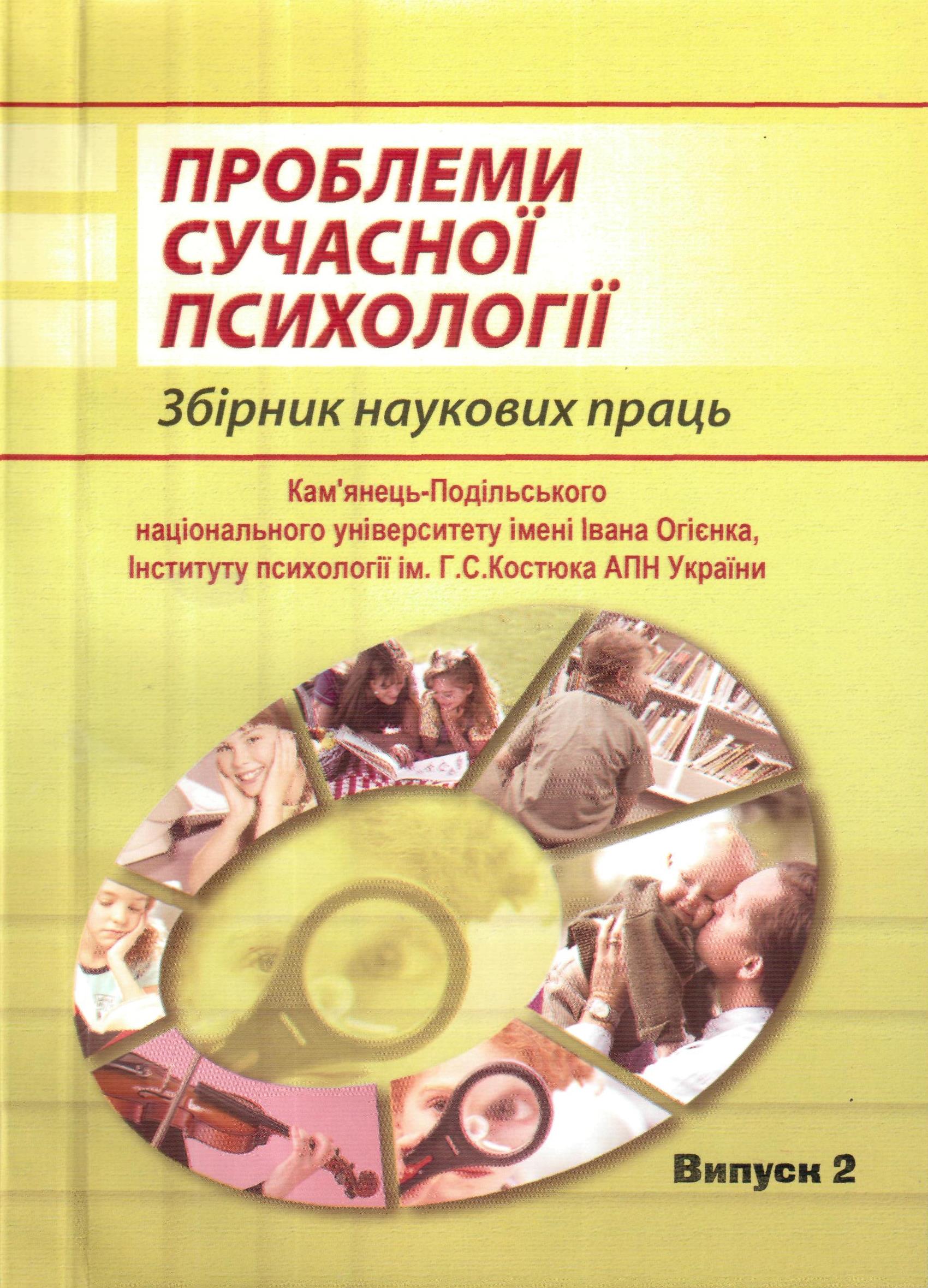Мотиваційні фактори формування професійної спрямованості молоді
DOI:
https://doi.org/10.32626/2227-6246.2008-2.%25pКлючові слова:
спонука, привід, інтерес, професійне самовизначення.Анотація
Фундаментальні мотиваційні причини самовизначення
(інтерес, потреби, ентузіазм, фамільні підстави) юності професіонала
визначаються у виробі.
Посилання
Божович Л.И. Личность и ее формирование в детском
возрасте. – М.: Просвещение, 1978.
Занюк С.С. Психологія мотивації . – К.: Либідь, 2002. –
С. 267.
Зеер Є.Ф. Психологія професій. – М.: Мир, 2006. –
С. 32.
Ильин Е.П. Мотивация и мотивы. – С Пб.: Питер,
– 512 с.
Козловский О.В. Как правильно выбрать профессию:
методики, тесты, рекомендации. – Донецк: “БАО”,
– С. 23.
Коць М.О. Мотивація професійного самовизначення
першокурсників – майбутніх психологів// Практична
психологія та соціальна робота. – №9. – 2007. – С.57.
Кряж І.В. Психологічні основи профконсультування
та профвідбору: Навчально методичний посібник. – Х.:
Видавництво Харківського національного університету
ім. В.М. Каразіна, 2001. – 57 с.
Павлютенков Е.М. Формирование мотивов выбора
профессии. – К.: Школа, 1994. – С. 34
Сенченко В.А. Проблеми мотивации поведения и
деятельности человека. Модульный курс психологии.
Модуль “Направленность” (Лекции, практические
занятия) – К.: Миллениум , 2004. – 521 с.
Чорна І.М. Психологічні особливості організації
профорієнтаційної роботи в школі. – Тернопіль:
ТДШ. – 1995. – С. 76.
##submission.downloads##
Як цитувати
Номер
Розділ
Ліцензія
Редакція має повне право публікувати у Збірнику оригінальні наукові статті як результати теоретичних і експериментальних досліджень, які не знаходяться на розгляді для опублікування в інших виданнях. Автор передає редколегії Збірника права на розповсюдження електронної версії статті, а також електронної версії англомовного перекладу статті (для статей українською та російською мовою) через будь-які електронні засоби (розміщення на офіційному web-сайті Збірника, в електронних базах даних, репозитаріях та ін).
Автор публікації зберігає за собою право без узгодження з редколегією та засновниками використовувати матеріали статті: а) частково чи повністю в освітніх цілях; б) для написання власних дисертацій; в) для підготовки абстрактів, доповідей конференцій та презентацій.
Автор публікації має право розміщувати електронні копії статті (у тому числі кінцеву електронну версію, завантажену з офіційного web-сайту Збірника) на:
- персональних web-ресурсах усіх Авторів (web-сайти, web-сторінки, блоги тощо);
- web-ресурсах установ, де працюють Автори (включно з електронними інституційними репозитаріями);
- некомерційних web-ресурсах відкритого доступу (наприклад, arXiv.org).
Але в усіх випадках обов’язковою є наявність бібліографічного посилання на статтю або гіперпосилання на її електронну копію, що містяться на офіційному сайті Збірника.






